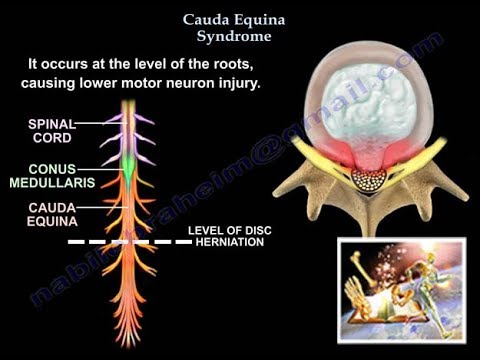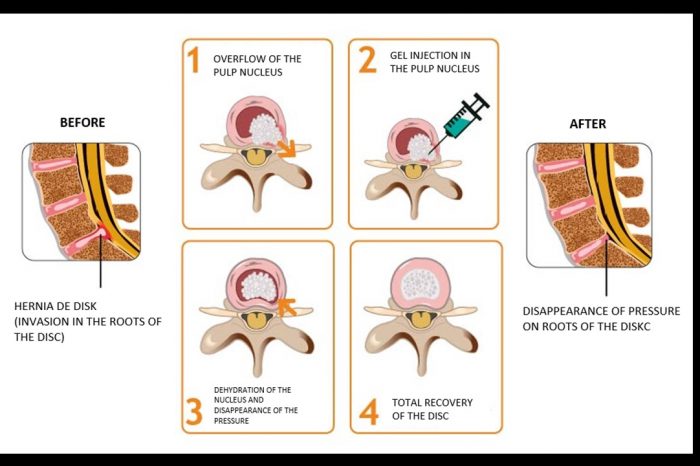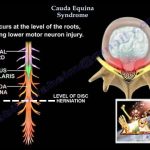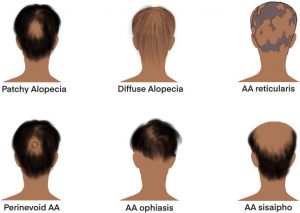Cauda Equina Syndrome

Cauda Equina Syndrome
The diagnosis of Cauda Equina Syndrome is not always straightforward. The symptoms of this disorder include a lack of perineal sensation, a loose anus, and a paralysed bladder or bowel. The symptoms are also difficult to control and are more likely to worsen if a herniated disk is present. The surgery to relieve pressure on the nerve roots is called lumbar laminectomy.
The cause of Cauda Equina Syndrome is not known. While it is very rare, it is serious and can result in incontinence, movement and sensation problems. It is best to seek medical attention as soon as possible. Although it is a relatively rare disorder, it is important to seek medical attention. Untreated cases can lead to permanent damage and paralysis. If you think you may be suffering from this disorder, contact your physician to get the proper diagnosis.
There is no specific treatment for this condition, and no known cure. Treatments vary in their severity. In severe cases, a doctor may recommend a surgery to shift pressure from the nerve roots. However, this does not guarantee long-term success. The nerves may not heal properly or completely, and this can lead to permanent damage. In addition, there are no effective ways to treat the underlying cause of Cauda Equina Syndrome.
If you suffer from Cauda Equina Syndrome, you may experience any of the symptoms listed above. These may affect your bowel and bladder function, which can make it difficult to perform sexual activity. You may also experience a searing pain in your back or saddle, or you may have difficulty having sex. As the condition is rare, the long-term outlook is unknown. Therefore, it is important to seek medical attention at the earliest opportunity.
Symptoms of Cauda Equina Syndrome include leg weakness and numbness. Depending on the severity of the symptoms, you may experience a variety of symptoms. Your doctor will want to know your medical history and your symptoms. A physical examination will also be necessary to rule out other possible causes of the syndrome. If you’re experiencing weakness or numbness in your legs, you may have neurogenic bladder.
The symptoms of Cauda Equina Syndrome may range from mild to severe. Typically, the symptoms include urinary or bowel retention, numbness in the lower back, and bladder incontinence. Approximately 60% of people with the condition will also experience problems urinating. As a result, you should consult a doctor as soon as you start experiencing any of these symptoms.
A physician should examine you if you experience any of these symptoms. Early diagnosis is crucial, since the condition is treatable. If you have had any of these symptoms, you may have CES. If you suspect a herniated disc, the doctor will perform an MRI. In a case of CES, a herniated disc will compress the cauda equina. A herniated disc will cause a reduced feeling in the legs and bladder, and you should consult a physician if you have any of these symptoms.
Patients with Cauda Equina Syndrome should visit a physician as soon as possible. In some cases, the symptoms may include difficulty starting a urinary stream or limited control of urination. If you feel pain in one or both legs, you should seek medical treatment as soon as possible. While a surgery can move the pressure on the nerve roots, it will not cure the problem. Your doctor may have to do surgery if the nerves are damaged permanently.
Most patients with CES will have severe back pain and poor sensation in the lower leg areas of the spine. In addition, they will also experience a lack of perineal sensation. In some cases, the pain can be so intense that the person may not be able to walk. In such cases, a physician may recommend a surgical procedure or prescribe drug therapy. In addition to prescription drugs, a patient will need rehabilitation medicine to help them with their condition.
The diagnosis of Cauda Equina Syndrome is made based on the subjective history and physical examination findings. In most cases, the diagnosis is confirmed through a lumbar MRI or CT scan. Despite the rareness of this condition, it can lead to permanent disability and incontinence. In many cases, the symptoms of Cauda Equina Syndrome are difficult to distinguish from other medical conditions.






